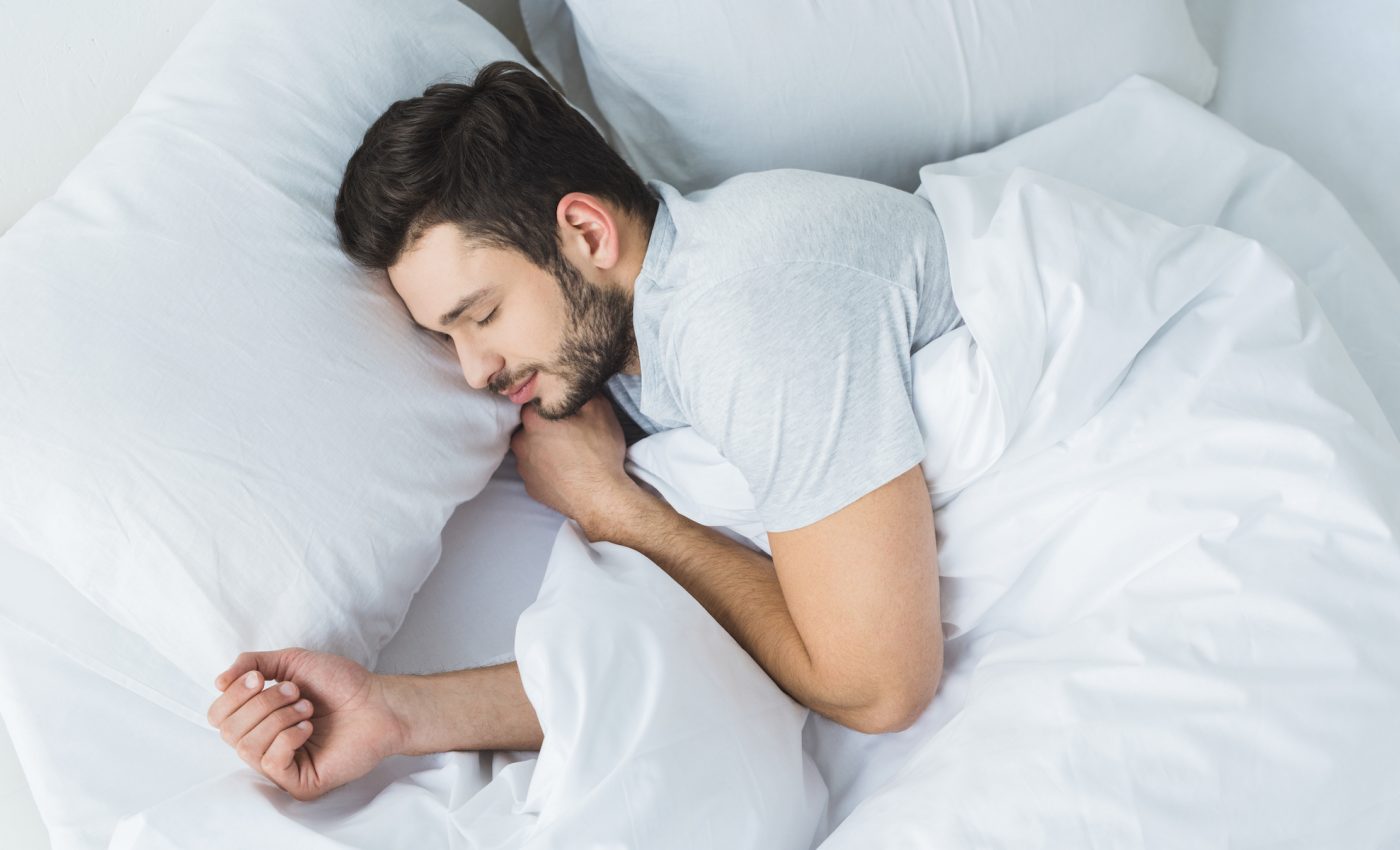
Excessive sleep may negatively impact memory
Excessive sleep may negatively impact memory. While the negative impacts of sleep deprivation are well documented, a new study from the University College London (UCL) suggests that too much sleep may be just as harmful. The researchers found that getting nine hours of sleep caused the same amount of memory problems as getting only five hours of sleep.
The investigation was focused on the memory test results for nearly 400,000 individuals. The participants had completed a task that involved memorizing and matching six pairs of hidden cards.
The study revealed that seven hours of sleep may be the ideal goal for boosting memory. The participants who reported getting nine hours of sleep made the same number of mistakes as those who reported getting five hours of sleep. Excessive sleep may negatively impact memory
Furthermore, individuals who reported getting ten hours of sleep made even more mistakes. The findings indicate that too much sleep can affect cognition in the same way as sleep deprivation.
According to the experts, people who sleep for too long are likely to have poor sleep quality. This prevents brain regions from communicating as effectively, increasing the risk of cognitive issues.
Senior author Dr. Victoria Garfield said it is not new to find that less sleep is bad for you, but that the results of this study are unusual. “Some people may think that going to bed and sleeping for as long as you like is fine, but our findings show that sleeping for too long may affect memory.”
Study lead author Albert Henry explained that there was not much evidence to suggest that too much or too little sleep is linked to a higher risk of dementia. He said that more research is needed to investigate a potential link.
The study is published in the International Journal of Epidemiology.
—
By Chrissy Sexton, Earth.com Staff Writer
Image Credit: Shutterstock













